With more than 30 years customers` actual operation
and technology improvement, 1500mm two/three/five layers fully automatic
stretch film machine is mature and cost-effective, some whole production line
adopt melt metering pump technology and high precision pressure sensor system,
which can stably and effective to control the pressure. It will highly improves
film horizontal and vertical`s tension strength and anti-puncture resistance
and make the film meeting the high requirement for machine packing film. The
cooling roller adopts big diameter design and special double-decker runner,
greatly improving the cooling effect of high-speed production to guarantee good
uniformity of cooling roll surface temperature. The film produced by this
machine has good shrinking memory function and self-sticky, which can be widely
used in wrapping of palletized goods. It`s good substitute for hot shrinking
packing film during transportation.
*Related Products:pe casting film machine,pe cling film machine,pe protective film machinery.
Machine Pictures:
Plastic
melt metering pump is more and more important in extrusion process, especially
in high-end products industries, such as high quality sheets, pipes, BOPP,
optical cable.
Installing the melt metering pump in the cast
stretch film unit, which can keep the production constantly and efficiency. The
pump can improve the product quality, stable the production and decrease the
energy consume.
The housing is made of chromium-nickel alloy or
nickel-base alloy, titanium alloy. The gear is made of quenching chromium
steel, other metal materials are also applicable. Bearing is made of graphite
NIAG, zirconium oxide or quench tool steel.
Advantages:
FAST AND STABLE FLOW SUPPLY
Eliminated the extruder`s pulsation wave. Improve
the product quality, decrease the defective rate, and decrease the waste, which
can save 2% material and 25% of the unit power consumption.
STABLE AND EFFICIENCY PRESSURE CONTROL
The melt pump can provide a stable pressure, which
short the discharge time obviously and make the production effectively.
INCREASE THE EXTRUDER OUTPUT AND THE MACHINE LIFE
It has been found that after install the melt pump,
the max pressure wave value is the pressure after pump. Which can make the
inner pressure of the extruder decrease, the melt shear strength decrease, the
temperature curve gently, and restrain the temperature rising. Also the melt
pump can avoid the damage to the extruder from the high pressure.
Produced Films
1500mm stretch film machine unit 1500MM Black Stretch Film Machine Unit,1500MM Hand Stretch Film Machine Unit,1500MM Plastic Stretch Film Machine Unit,1500MM Packaging Stretch Film Machine Unit CHANGLONGXING SCIENCE & TECHNOLOGY (SHENZHEN) CO.,LTD , http://www.clxmachinery.com
1. Spectrum Analyzer. The advantage is that multiple elements can be analyzed at a time with high precision. The disadvantage is that the price is too high, a set of hundreds of thousands to millions, so currently only a few large companies use.
2. Spectrophotometer. The advantage is that the detection wavelength is easy to choose and the price is not high. The disadvantage is that the test result can not be directly displayed (to be converted); there is no curve to establish the call function, detection of different elements every time to re-calibration; the cuvette into and out of the liquid is inconvenient; the basic knowledge of the operator's chemical analysis requirements Therefore, it cannot meet the needs of on-site on-line inspection and analysis.
3. Colorimetric analyzer. The advantage is that it is easy to use, the price is not high, and the operator's chemical analysis basis is not very demanding. Therefore, it is widely used in the production inspection field analysis. However, because of its historical reasons, there are the following congenital defects.
The electro-optical colorimetric metal element analyzer was developed in China in the 1960s to meet the needs of on-site on-line inspection and analysis of the five major elements (carbon, sulfur, silicon, manganese, and phosphorus) of iron and steel metallurgy. The elemental analyzer was developed for silicon, manganese, and phosphorus (at the time, it was called three-element, and the three channels were fixed at the fixed wavelength to detect silicon, manganese, and phosphorus, respectively). Since silicon, manganese, and phosphorus do not require much wavelength detection, accuracy is not high. Therefore, the three-element analyzer satisfies the need for online on-line analysis of elemental content in the iron and steel metallurgy industry. However, nowadays, materials that need to be tested in various industries include copper alloys, aluminum alloys, and zinc alloys in addition to steel. The elements examined also evolved from silicon, manganese, and phosphorus to copper, chromium, nickel, zinc, magnesium, tungsten, vanadium, and niobium. , titanium, molybdenum, aluminum, arsenic, zirconium, boron, rare earth elements and other elements. The following defects commonly found in traditional photoelectric colorimetric metal element analyzers are increasingly manifested:
1. The measurement wavelength is preset and cannot be adjusted continuously. Although some models can be replaced (by replacing filters or light emitting diodes), it is still cumbersome for the user to meet the element types that exceed the number of channels of the instrument. Or it is particularly inconvenient to test different alloy materials. And not all wavelength filters and LEDs can be purchased, making it difficult to measure certain elements. For example, the measurement of magnesium requires a 576-nm light source, and filters and LEDs of this wavelength are not available.
2. The measurement light source is mostly a DC bulb plus a filter or a cold light emitting diode, and its wavelength accuracy is poor. The wavelength accuracy of the DC bulb plus filter method depends on the filter, and most of the filter elements used in the elemental analyzer can only achieve ±15 nm. The wavelength accuracy of light emitting diodes depends on the diodes used. Most of the errors range from 20 to 30 nm, which does not guarantee the accuracy of analysis and detection.
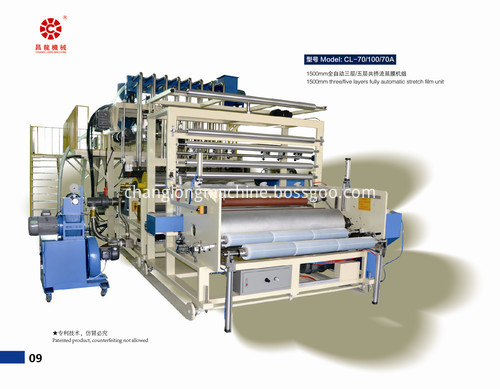
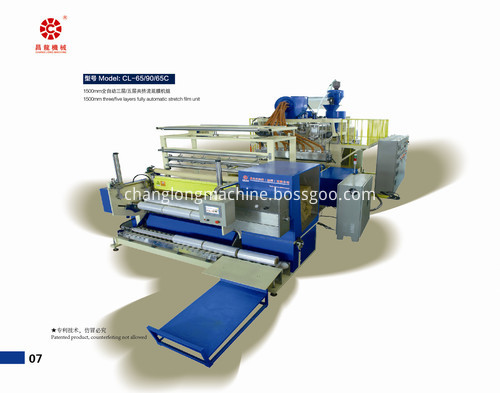
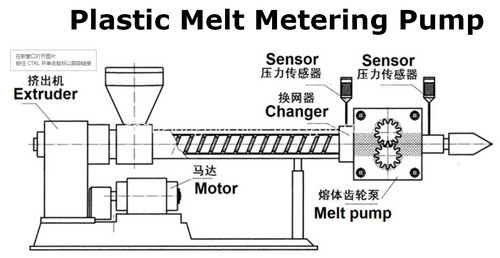
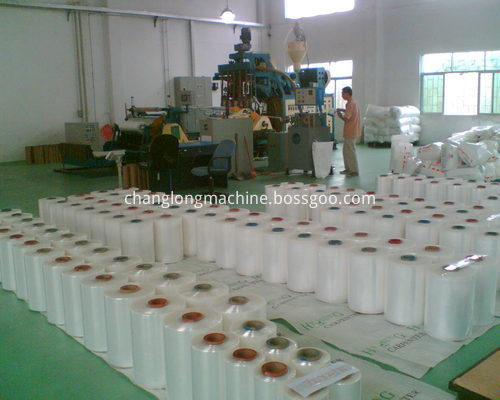
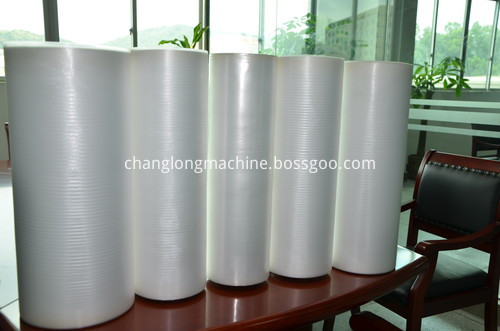
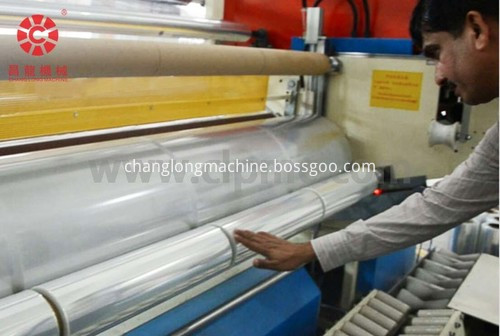
At present, the users of the domestic metallurgy, foundry, and machinery industries have the following types of instruments that can be used to analyze trace elements other than carbon and sulfur in metallic materials: